Author Archives: Andrew Sullivan
Author Archives: Andrew Sullivan
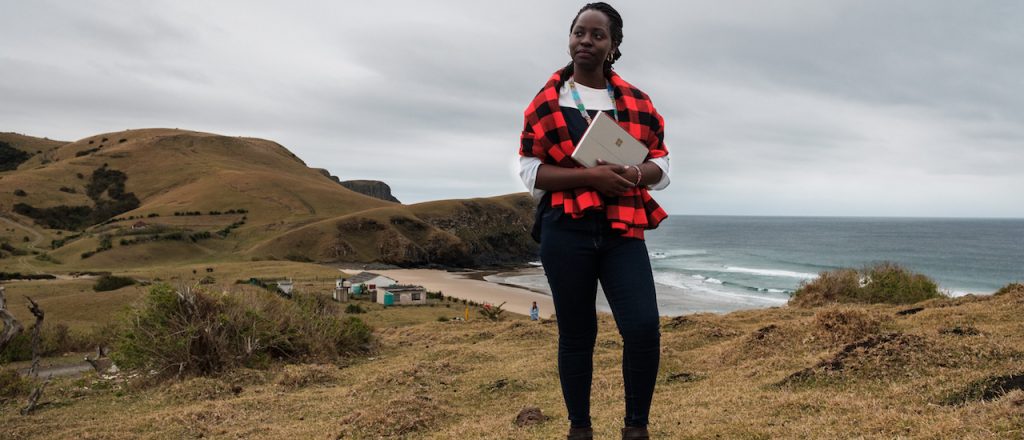
About a year ago we launched our 2020 Action Plan with great anticipation. We had a nice neat list of the most urgent Internet issues to tackle, and we would work as a whole community, coming together as people from all over to press for our vision: The Internet is for Everyone.
Then 2020 came and we learned how quickly plans can be upended.
Yet it has underscored that the Internet is not only a global technical infrastructure, but also a resource that enriches people’s lives. Our world – our ability to work, keep in touch, and share information – would be radically different without it. This gives our work a renewed sense of urgency.
The Internet needs a voice.
Today, nearly half the people of the world still have no access and far too many people live in places where the Internet is expensive, slow, and congested.
Today, too few Internet policy discussions are based on facts and measurements, while too many start from a mistaken understanding of how the Internet works. Far too many companies and politicians would rather their customers and voters be passive consumers than the active, powerful contributors they can be.
Today, too many governments Continue reading
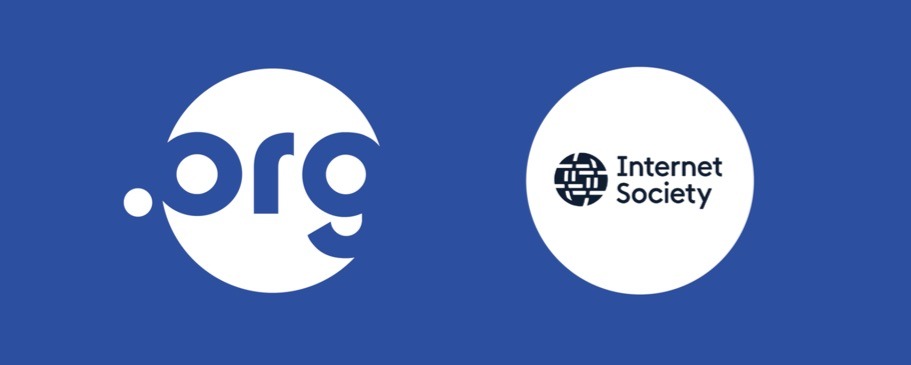
Over the past several months the Internet Society has been working on a transaction to sell Public Interest Registry (PIR), operator of .ORG and other top-level domains, to Ethos Capital. Under PIR’s registry agreements, the Internet Corporation for Assigned Names and Numbers (ICANN) had to consent to this indirect change of control. ICANN has now announced that it does not consent to the transaction.
I am, of course, disappointed by ICANN’s decision, though I am pleased it was finally reached. ICANN took much longer than it should have done to vote on the transaction. In my view, ICANN stepped outside its remit by acting as a regulator it was never intended to be. What began as a routine change of indirect control – the type ICANN has expeditiously approved on multiple occasions in the past – resulted in months and months of review and analysis. The outcome does not seem consistent with ICANN’s prior decisions in similar cases. It should concern the Internet community that ICANN has shown itself to be much more susceptible to political pressure than its limited mandate would recommend.
Nevertheless, ICANN has now rendered a clear decision. This brings to a close a period Continue reading

For many weeks now, as the pandemic caused by the coronavirus has spread around the world, people have been isolating themselves to reduce the spread of infection. Businesses and schools have closed, and whole cities have been ordered to stay indoors. People’s livelihoods have disappeared, and of course, far too many people have been critically ill or have died. It is a calamity. Yet it would be much worse, if it were not for the Internet.
It’s enabling life go on. Businesses and schools are able to continue their core activity online. People are able to order food and medicine delivery to lower the risk of contagion. Families are video conferencing to catch up, worship, and even attend weddings. Creators are streaming music and stories from their homes. Clinicians and researchers are sharing crucial medical data worldwide. Everyday citizens, remarkably informed, are trying to flatten the curve.
This is what the Internet is for: a force for good in society.
The Internet is working well under this sudden demand because of how it is designed. Nearly magic, the Internet is designed to be a reliable system built of unreliable parts. This might sound awful, as though it Continue reading
Today marks the beginning of an exciting new chapter for the .ORG Community. Earlier today, the Internet Society and Public Interest Registry (PIR) announced that they have reached an agreement with Ethos Capital, an investment firm that helps transform and grow companies in today’s rapidly evolving digital economy, under which Ethos Capital will acquire PIR and all of its assets from the Internet Society.
As brief background – in 2002, the Internet Society won a competitive bidding process for the .ORG registry and established PIR to manage and operate the .ORG domain. Since that time, the Internet Society and PIR have worked to grow .ORG into the largest purpose-driven domain – used today by millions of organizations and others to achieve their online goals – and PIR’s contributions to the Internet Society have helped make the Internet more available, accessible and secure for people around the world.
This transaction aligns PIR with a strong, new strategic partner, Ethos Capital, that not only possesses a deep understanding of the intricacies of the domain industry, but also has the ideal mix of expertise, experience and shared values to further advance the goals of .ORG into the future. Continue reading

The recent meeting of the United Nations General Assembly (UNGA) was notable because of the attention it paid to the climate of the planet Earth. A different set of meetings around the UNGA was about another climate: the one of fear, anger, and violence swirling about the Internet.
It was only last March that a man (there is only one accused) shot dozens of people in a pair of attacks on Muslims at prayer. The shooter streamed the first 17 minutes of his attacks using Facebook Live. The use of an Internet service in this event, combined with general concern about how Internet services are being used for terrorism and violent extremism, resulted in the Christchurch Call.
There is some reason to be optimistic about the Christchurch Call. Rarely have governments worked so decisively or quickly, together, to take on a global social issue. At a side meeting in New York at UNGA, some 30-odd additional countries signed the Call; more than 50 countries have signed on. New Zealand has led this while insisting that governments cannot tackle the issue alone, and has tried to involve everyone – through an Advisory Network – in decisions that are bound to affect Continue reading
We learned the sad news today that Tarek Kamel, one of the global Internet community’s best-known figures, has passed away. An accomplished engineer and statesman, Tarek was highly respected and beloved by all who knew and worked with him.
He was a firm believer in our mission and we have benefited greatly from his support for our work. He has a special place in the Internet Society’s past having founded the Egyptian Chapter of the Internet Society, served on our Board of Trustees and as vice president for chapters from 1999 to 2002, before becoming Egypt’s Minister of Communications and Information Technology from 2004 to 2011.
He made so many valuable contributions to the Internet and will be sorely missed. On behalf of the whole Internet Society, we extend our deepest condolences to his family and friends.
The post Remembering Tarek Kamel appeared first on Internet Society.
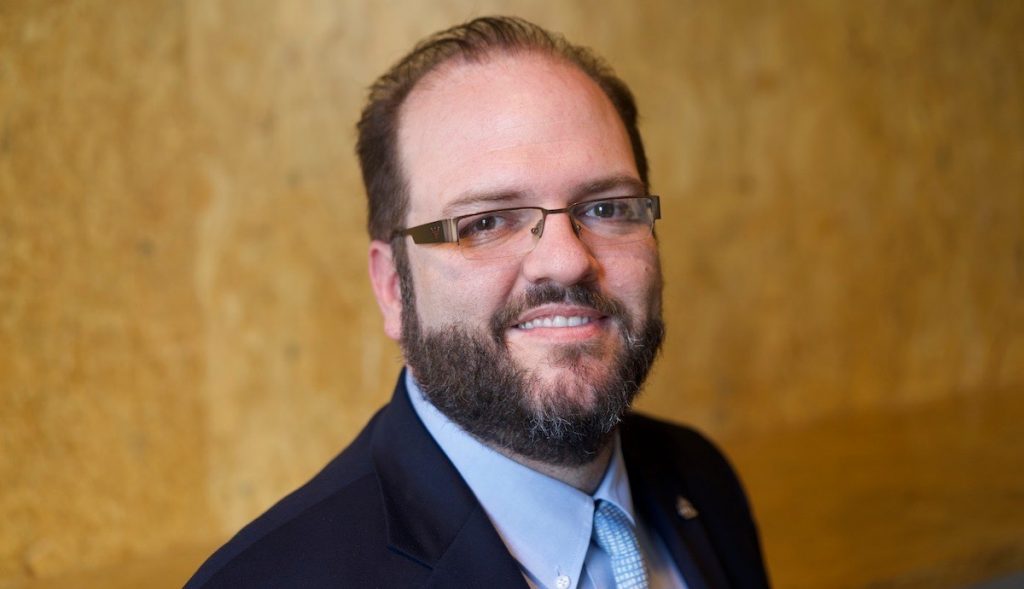
I’m excited to announce that Joseph Lorenzo Hall will join us as our Senior Vice President for a Strong Internet. He will start in October and be based in our Reston, VA, office.
Many of you may know Joe from his work at the Center for Democracy and Technology, where he has been Chief Technologist for about six years. He has a unique ability to put together policy and technical issues, particularly but not only with respect to security. He’s the Vice-Chair of the Board of the California Voter Foundation and a Board member of the Verified Voting Foundation. He went to school at UC Berkeley and received his PhD in Information Systems from there in 2008. A former astrophysicist, he has been working on a monograph about sand clocks, which you may know by the term “hourglass”. I am not kidding even a little when I say you should ask about it, because you will be fascinated. He brings additional strength to our already great group of people who work to make the Internet stronger.
The post Announcing Joseph Hall as SVP for a Strong Internet appeared first on Internet Society.
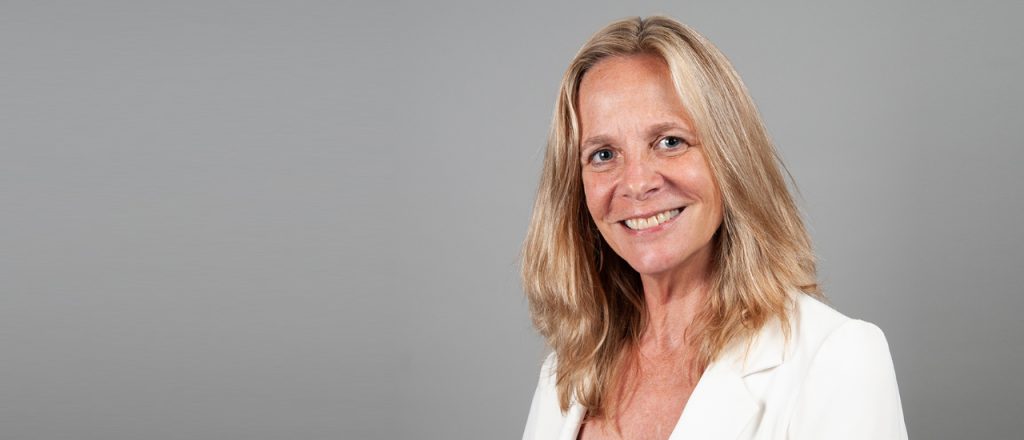
Last year we established the Internet Society Foundation, with a plan to make clearer the Internet Society’s grant-making activities, and distinguish them from Internet Society programmes. We announced that we would develop the Foundation over the course of the following year.
Since then, we have introduced the Internet Society Foundation’s new website and opened up the process for applications from ISOC Chapters and Special Interest Groups (SIGs) for the Beyond the Net Grants Programme, which is now housed within the Foundation. This now includes the full range of Beyond the Net Small, Medium, and Large Grants.
In parallel with moving the Beyond the Net Programme, we have been searching for a leader for the Foundation. I am pleased to announce our selection.
Sarah Armstrong starts in her new role as the Foundation’s Executive Director today, July 1. She brings a wealth of experience to us, having built a career in non-profit, humanitarian, and international development work over many years.
Please join me in extending a warm Internet Society welcome to Sarah. I am sure she will play a key role in ensuring that our financial support for others’ activities is focused and effective. I look forward to a Continue reading

The Internet now reaches more than half the world.
A recent estimate indicates that nearly 4 billion people – more than half the world’s population – now use the Internet. More people are now online than existed in the world the year I was born. Everyone, it seems, values the Internet. We all still know the Internet is for everyone.
The Internet Society, including all our chapters and members, was part of Internet growth in this period. 2018 was a year of many changes at the Internet Society. We changed the staff and ways of organizing work to make things clearer. We changed our CEO. But at the same time, we brought infrastructure to some of the most remote parts of the world. We pushed for better security for many of the new devices that are connecting to the Internet. And we worked to include the whole range of voices when it comes to who’s making decisions about the Internet’s future.
These are just a few of the things we, the whole Internet Society, did together. We work together because that’s what internetworking is: working together, each of us making a greater whole of our individual parts.
So, as Continue reading
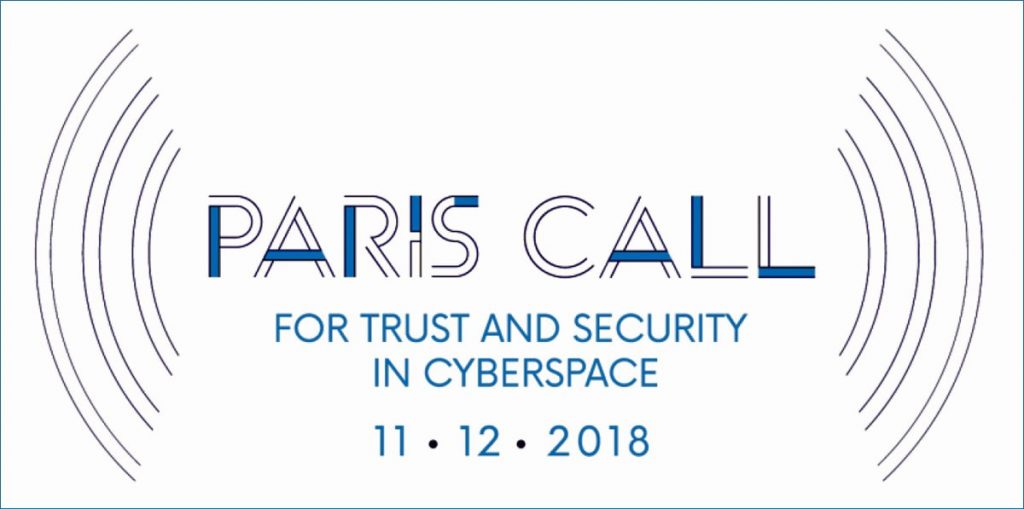
On the anniversary of the armistice ending the First World War, more than 40 countries stood together for security online by signing the Paris Call for Trust and Security in Cyberspace. The call, which sets out a list of challenges the world needs to tackle, seems to be promising on paper. From hacking to harming the public core – all of this needs to be addressed. And it needs to be addressed urgently.
Others signed the call too. The Internet Society signed because we believe it is a continuation of calls we have made before. It maintains that solutions to Internet issues must be developed together with other Internet stakeholders – each performing its role, and all working collaboratively.
This approach is what allows the Internet to thrive and is key to the ultimate success of this call. Open, decentralized, and distributed. It’s not the traditional multilateral way of doing things, but it is the Internet way – the only one that can work.
There are real and pressing Internet security concerns. It’s critical that signatories to the call do not imagine they can address the concerns alone. The Internet depends, as a technical fact, on cooperative voluntary action, so Continue reading
On 1 September I start work as CEO of the Internet Society. I have a lot to do to live up to the example set by Kathy Brown with all that she achieved during her leadership. It is a great honour, and I appreciate the trust the Board of Trustees has placed in me. I will work daily to earn the same trust from the rest of the Internet community, in part by being transparent about what drives me to do this.
It is a challenging time for the Internet Society, because it is a challenging time for the Internet. For most of the Internet Society’s history, the expansion and development of the Internet could be regarded as an obvious good. There were always those who simply opposed technological development. There were always those who wanted their own interests protected from the Internet. But Internet users historically benefited so much, so obviously, that skepticism about the value of the Internet itself was rare.
Things have changed. Every technology can be used for negative ends. The Internet still, plainly, brings gains in efficiency, convenience, and communications. Yet in the recent past, some of the negative uses have become apparent, which leads Continue reading